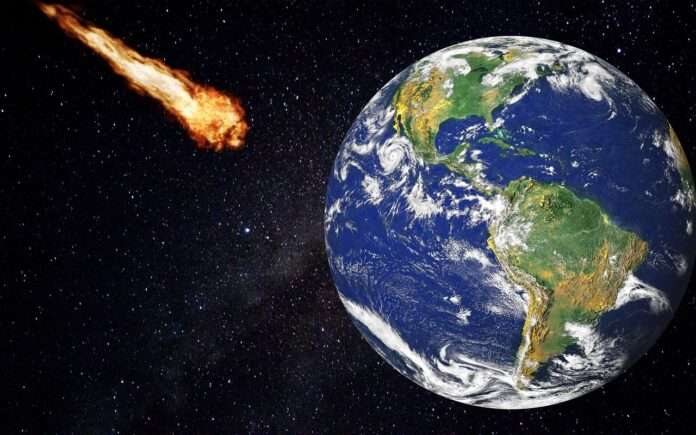June 30 marks World Asteroid Day, a global event aimed at educating the public about the risks and impact hazards associated with asteroids. This day commemorates the Tunguska event, a massive asteroid explosion that occurred over Russia’s Siberia on June 30, 1908.
The Tunguska Event: A Historic Asteroid Impact
The Tunguska event is considered one of the largest asteroid impacts in Earth’s recent history. The explosion flattened approximately 2,000 square kilometers of forest and released energy equivalent to 185 Hiroshima bombs. Despite its significance, the event went largely unnoticed until a scientific expedition reached the area in 1927, nearly 19 years later.
Awareness and Education: The Goals of World Asteroid Day
World Asteroid Day aims to:
- Educate the public: About asteroid risks and impact hazards
- Promote investment: In space science and technology
- Develop strategies: For asteroid detection, tracking, and deflection
UN Recognition and International Cooperation
The United Nations General Assembly adopted resolution A/RES/71/90 in December 2016, declaring June 30 International Asteroid Day. This recognition highlights the global importance of asteroid impact awareness and the need for cooperation to prevent potential threats.
Looking Ahead: The International Year of Asteroid Awareness
In 2029, the UN will observe the International Year of Asteroid Awareness and Planetary Defence, coinciding with the close approach of asteroid 99942 Apophis. This asteroid will safely pass within 32,000 kilometers of Earth’s surface, offering a rare opportunity for scientists to study asteroids.
Asteroid Apophis: A Rare Opportunity for Study
Apophis is approximately 340 meters in diameter and will be visible to the naked eye in parts of Europe, Africa, and Western Asia. Its close approach will provide scientists with valuable insights into asteroid behavior and composition.
NASA’s DART Mission: A Step Towards Planetary Defence
NASA’s Double Asteroid Redirection Test (DART) mission has already demonstrated the kinetic impactor technique, a method of deflecting asteroids by intentionally crashing a spacecraft into them. This mission marks a significant step towards developing planetary defence strategies.
As we celebrate World Asteroid Day, we recognize the importance of asteroid awareness and the need for continued research and cooperation to protect our planet from potential threats



